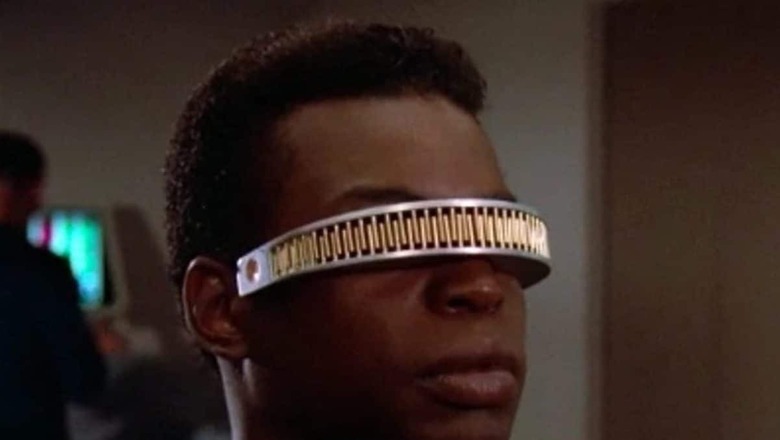
views
Tesla CEO Elon Musk on Tuesday announced that Neuralink, his brain-chip startup company, has received the US Food and Drug Administration’s (FDA) approval for its experimental implant device aimed at “restoring vision”.
The experimental device, known as Blindsight, will enable even those who have lost both eyes and their optic nerve to see.
“We have received Breakthrough Device Designation from the FDA for Blindsight,” Neuralink said in a post on X.
We have received Breakthrough Device Designation from the FDA for Blindsight.Join us in our quest to bring back sight to those who have lost it. Apply to our Patient Registry and openings on our career page https://t.co/abBMTdv7Rh
— Neuralink (@neuralink) September 17, 2024
Sharing the news, Elon Musk took to X and wrote, “The Blindsight device from Neuralink will enable even those who have lost both eyes and their optic nerve to see. Provided the visual cortex is intact, it will even enable those who have been blind from birth to see for the first time.”
The Blindsight device from Neuralink will enable even those who have lost both eyes and their optic nerve to see.Provided the visual cortex is intact, it will even enable those who have been blind from birth to see for the first time.
To set expectations correctly, the vision… https://t.co/MYLHNcPrw6 pic.twitter.com/RAenDpd3fx
— Elon Musk (@elonmusk) September 17, 2024
Appreciating FDA “device tag”, Musk elaborated on the working of Blindsight device and said “to set expectations correctly, the vision will be at first be low resolution, like Atari graphics, but eventually, it has the potential be better than natural vision”. He added that the device will also enable the person to see in infrared, ultraviolet or even radar wavelengths, like Geordi La Forge.
Neuralink’s Brain Chip
Founded in 2016 by Musk and a group of engineers, Neuralink is building a brain chip interface that can be implanted within the skull, which it says could eventually help disabled patients to move and communicate again, and also restore vision.
Neuralink’s device has a chip that processes and transmits neural signals that could be transmitted to devices like a computer or a phone.
The startup is separately testing an implant designed to give paralysed patients the ability to use digital devices by thinking alone, a prospect that could help people with spinal cord injuries.
This trial is expected to enroll three patients to evaluate its device in a study expected to take several years to complete, according to details on the U.S. government’s clinical trials database.
Earlier this year, Neuralink successfully implanted the device in the second patient, who has been using it to play video games and learn how to design 3D objects.
(With agency inputs)


















Comments
0 comment